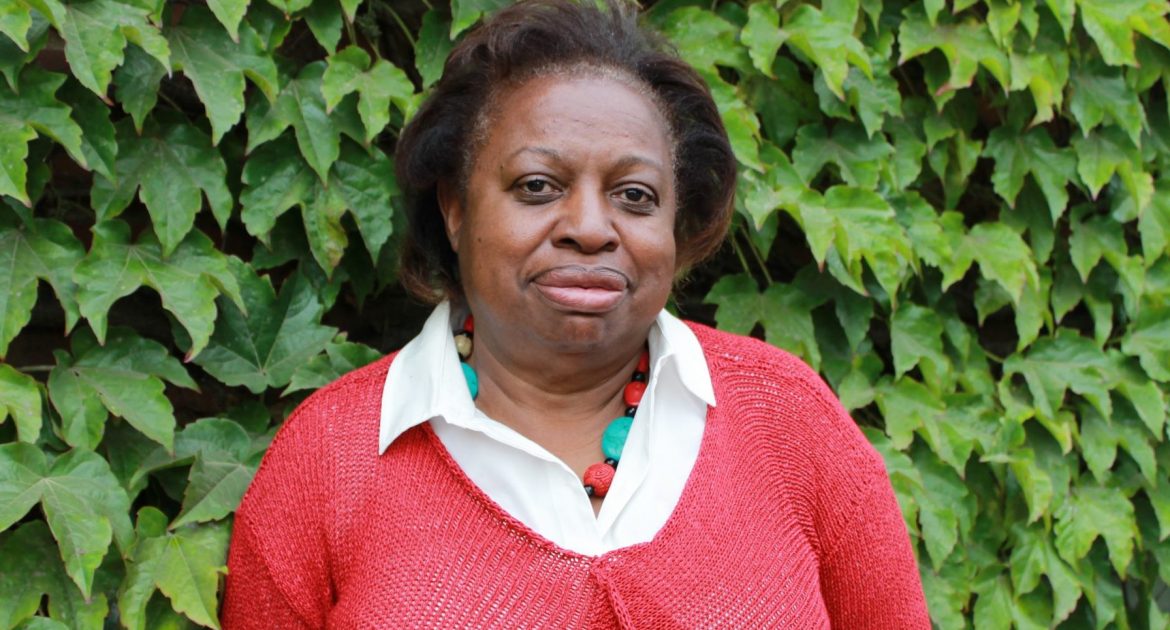Managing Adult Relationships in an Autism Classroom

The purpose of this research is to explore what happens when a novice teacher embarks on the role as the lead in a self-contained, Autism, special education classroom. The task of managing adult relationships in special education classrooms can become complex. Self-contained special education classrooms offer unique challenges for even the most seasoned teachers and paraeducators. Most college preparatory classes do not prepare teachers for the role of managing other adults. Often, the paraeducators have been attached to their classrooms for a longer period of time and have more knowledge of the classroom structure and students than the novice teacher. The research will identify: (1) What happens when the teacher does not have the foundational skills to implement effective structures/management strategies in the classroom. (2) How the lack of structure impacts staff relationships and overall communication within the classroom. (3) Can the classroom team function in a respectful manner when they do not have a shared understanding of the role and responsibilities of the adults in the classroom? This study shows when roles are not clear, problems multiply. The results of the research demonstrate that classroom teams cannot function effectively without clear consistent communication and demonstrated acts of respect. When the classroom teacher and staff cannot find a way to communicate effectively, develop a shared understanding for classroom instruction/ management and hold mutual respect for all team members daily, the adult relationships become increasingly difficult. Cohesive classrooms improve student engagement and increases aide retention.

